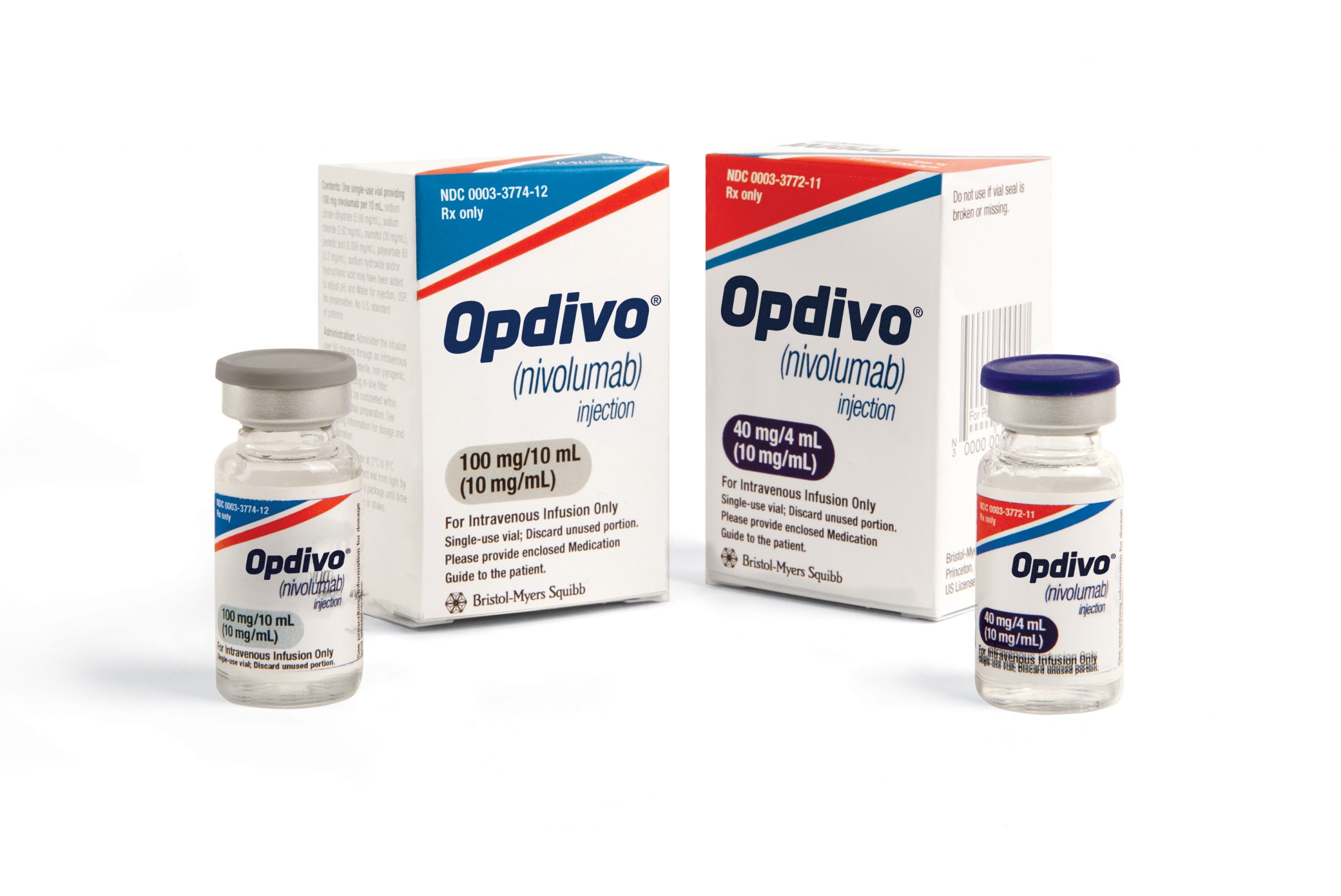BMS' Opdivo approved in head and neck cancer

Bristol-Myers Squibb’s Opdivo has been approved in the US in head and neck cancer second line – an indication where its rival anti-PD1 drug, Merck & Co’s Keytruda, already has a foothold.
While it did not mention Keytruda’s August accelerated approval in the indication, BMS made great play of the fact that Opdivo is the only therapy to significantly extend overall survival in the indication.
Opdivo is the only immune-oncology treatment proven in a phase 3 trial to significantly extend overall survival for patients with recurrent or metastatic squamous cell head and neck cancer who had been previously treated with platinum-based therapy, BMS noted.
Seen as the "gold standard" endpoint in cancer trials, BMS hopes that the Opdivo overall survival data will make the drug more attractive than its rival in this use.
US cancer guidelines have been updated to include Opdivo as the only single agent therapy for certain patients.
BMS cited evidence from the CheckMate -141 trial showing median overall survival was 7.5 months in patients treated with Opdivo, compared with 5.1 months for investigator’s choice treatments.
The trial was stopped early in January because its independent committee concluded the study had met its endpoint.
Following a Breakthrough Therapy designation from the FDA, the US National Comprehensive Cancer Network update its clinical practice guidelines to recommend Opdivo as the only category 1 single agent for use in this indication.
In comparison, Keytruda’s approval was based on tumour response rate and durability of response data from an early-stage trial.
The FDA’s accelerated approval for Keytruda is conditional on further confirmatory data from a later-stage study.
Opdivo is now approved in five tumour types, although it has failed in the lucrative first line lung cancer indication, while Merck’s rival was shown to be effective in this use in a late-stage trial.












